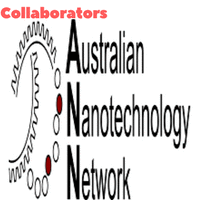
Miguel Moreno
Nanyang Technological University, Singapore
Title: Stability of ranibizumab and aflibercept for sustained release. Their delivery from thiolated chitosan-based hydrogels
Biography
Biography: Miguel Moreno
Abstract
Statement of the problem: The anti-vascular endothelial growth factor (VEGF) agents such as ranibizumab (Lucentis®) and aflibercept (EyLea®) are currently used as monthly or bimonthly intravitreal injections to treat potentially blinding retinal diseases such as wet age-related macular degeneration (AMD) or diabetic macular edema (DME). Because of the complications associated with repeated intra-vitreal injections, there is considerable interest in developing a sustained delivery system. The purpose of this study was to examine the stability of both therapeutic proteins under physiological conditions as well as when incorporated into drug delivery systems (DDS). Furthermore, these two therapeutic proteins were entrapped into thiolated chitosan-based hydrogels and their release was modulated by different degree of crosslinking. A detailed study of characterization of released protein was performed.

Results: Using several complementary and stability-indicating analytical methods, we have demonstrated that both ranibizumab and aflibercept were stable in an extended range of different pH conditions as well aswhen incubated at 37°C for up to 30 days. In addition, we investigated the stability of both proteins after a rapid screening method that simulates the first homogenizing step during the protein microencapsulation process. Finally, optimal controlled release of active released proteins from thiolated chitosan-based hydrogels was characterized.
Conclusion & Significance: the stability of ranibizumab and afflibercept may be considered optimal for long-term sustained release, maintaining their capacity to bind VEGF. Controlled bioactive release for one month was achieved for both proteins in vitro using thiolated chitosan hydrogels. These ones may be an advantageous ocular carriers for improving wet AMD and DME.

